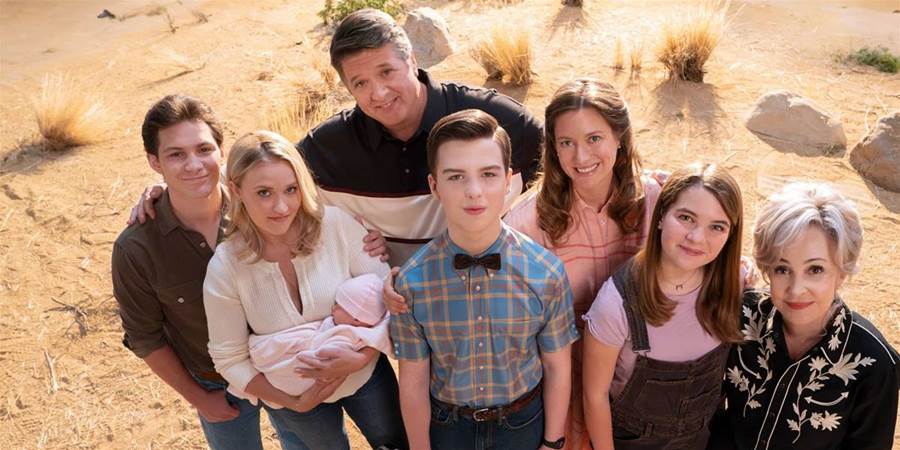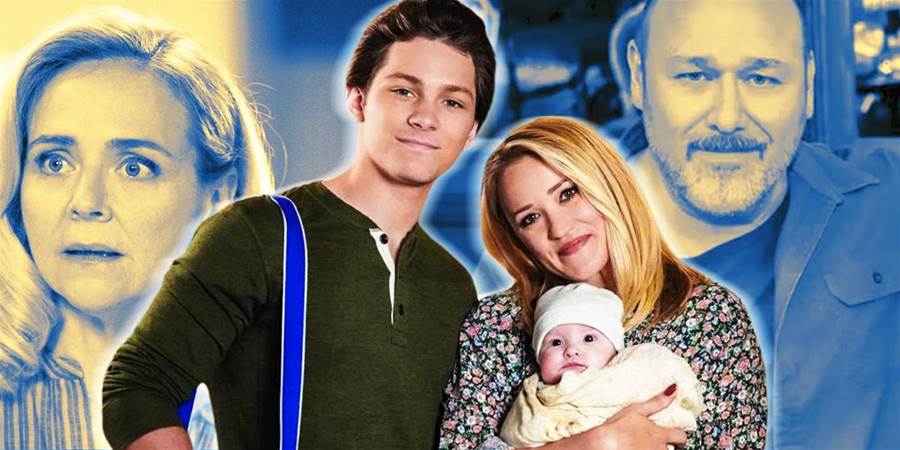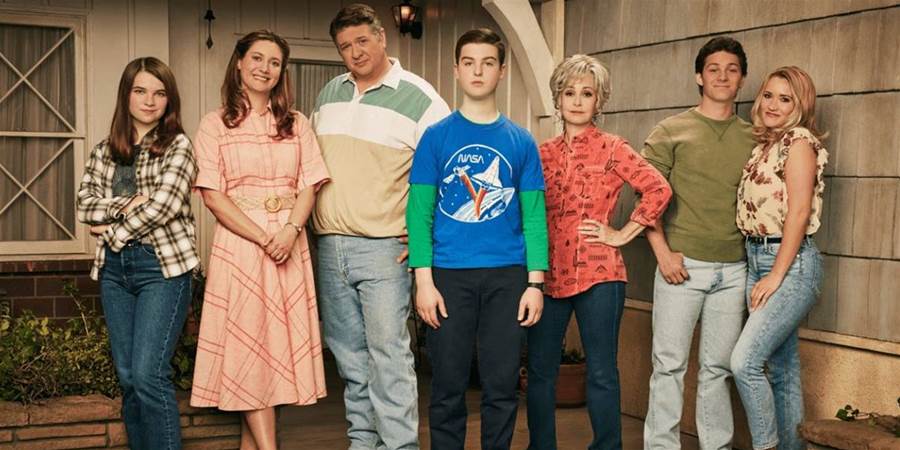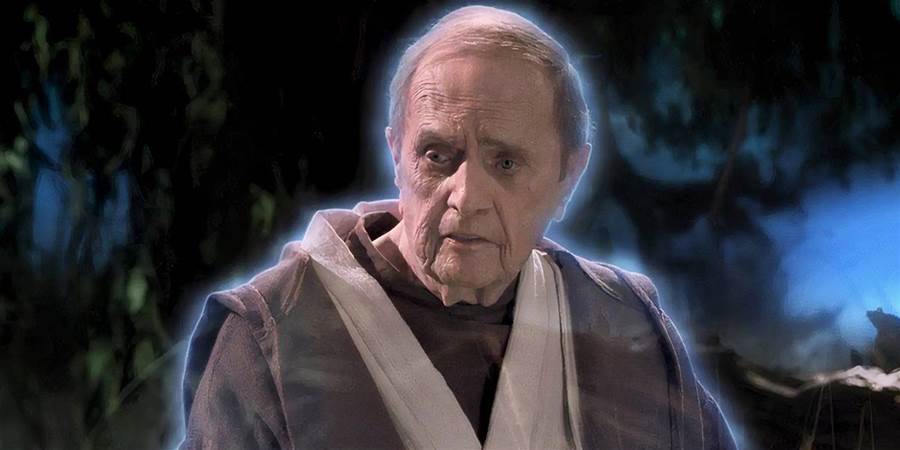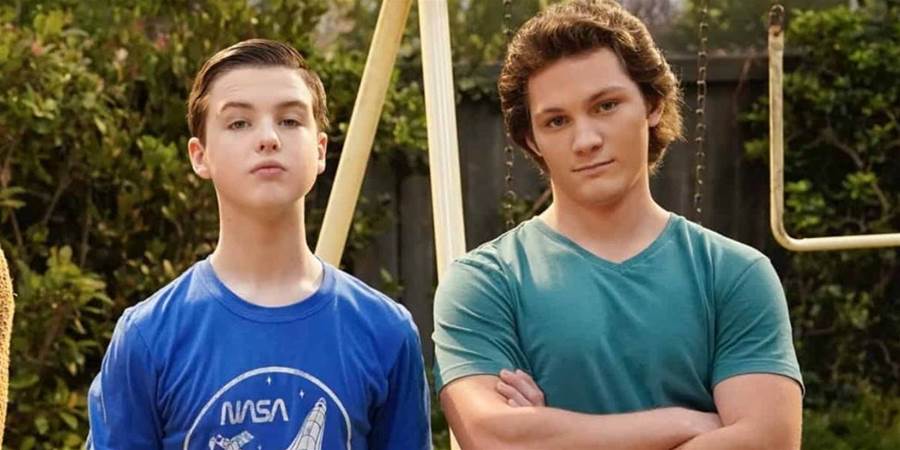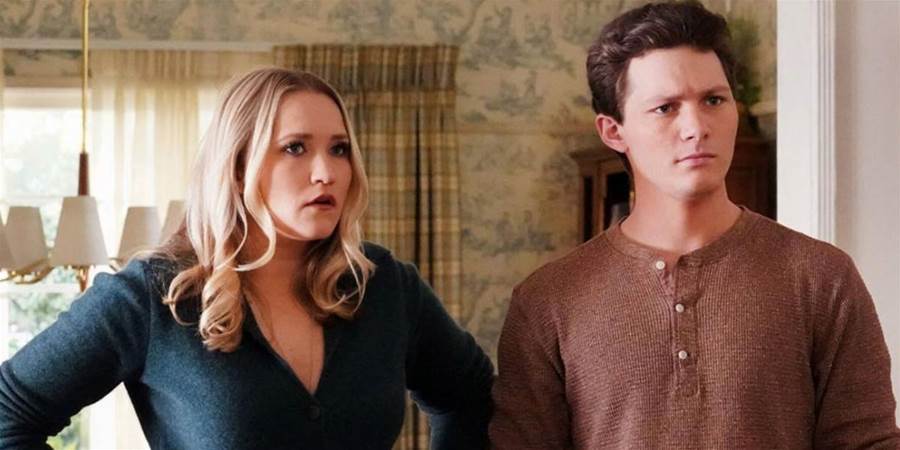
Actress Jennifer Aniston says that modern audiences take issue with some of the jokes on the classic hit NBC comedy “Friends.”
The iconic series premiered in 1994 during a very different time. “There’s a whole generation of people, kids, who are now going back to episodes of ‘Friends’ and find them offensive,” Aniston told the Associated Foreign Press, per IndieWire.
“There were things that were never intentional and others … well, we should have thought it through, but I don’t think there was a sensitivity like there is now,” the 54-year-old star continued.
“Comedy has evolved, movies have evolved,” Aniston added.
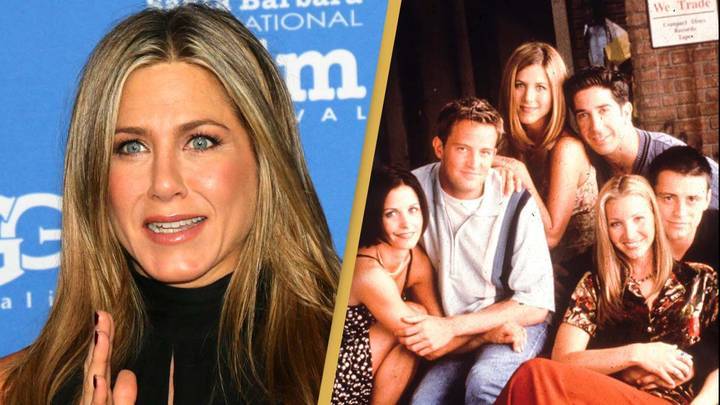
The “Murder Mystery 2” actress went on to say how mockery was more tolerated back when the series was on TV. The last episode of “Friends” aired in 2004.
“You could joke about a bigot and have a laugh. That was hysterical. And it was about educating people on how ridiculous people were, and now we’re not allowed to do that,” she said.
Making politically incorrect jokes isn’t the only controversy surrounding “Friends.” Series co-creator Marta Kauffman apologized for a lack of “diversity” in the series, specifically because the six main cast members were all white.
“I’ve learned a lot in the last 20 years,” Kauffman said of only casting black actors in small parts. “Admitting and accepting guilt is not easy. It’s painful looking at yourself in the mirror. I’m embarrassed that I didn’t know better 25 years ago.
She went on to pledge $4 million to aid black students at her alma mater, Brandeis University, as a form of atonement.
“It took me a long time to begin to understand how I internalized systemic racism,” she said at the time. “I’ve been working really hard to become an ally, an anti-racist. And this seemed to me to be a way that I could participate in the conversation from a white woman’s perspective.”
Kauffman also apologized for “misgendering” a character’s trans-identifying father during one of the episodes. “We kept referring to [Helena] as ‘Chandler’s father,’ even though Chandler’s father was trans,” she said.
“Pronouns were not yet something that I understood, so we didn’t refer to that character as ‘she.’ That was a mistake.”

